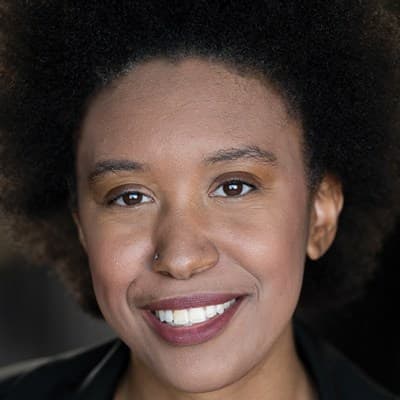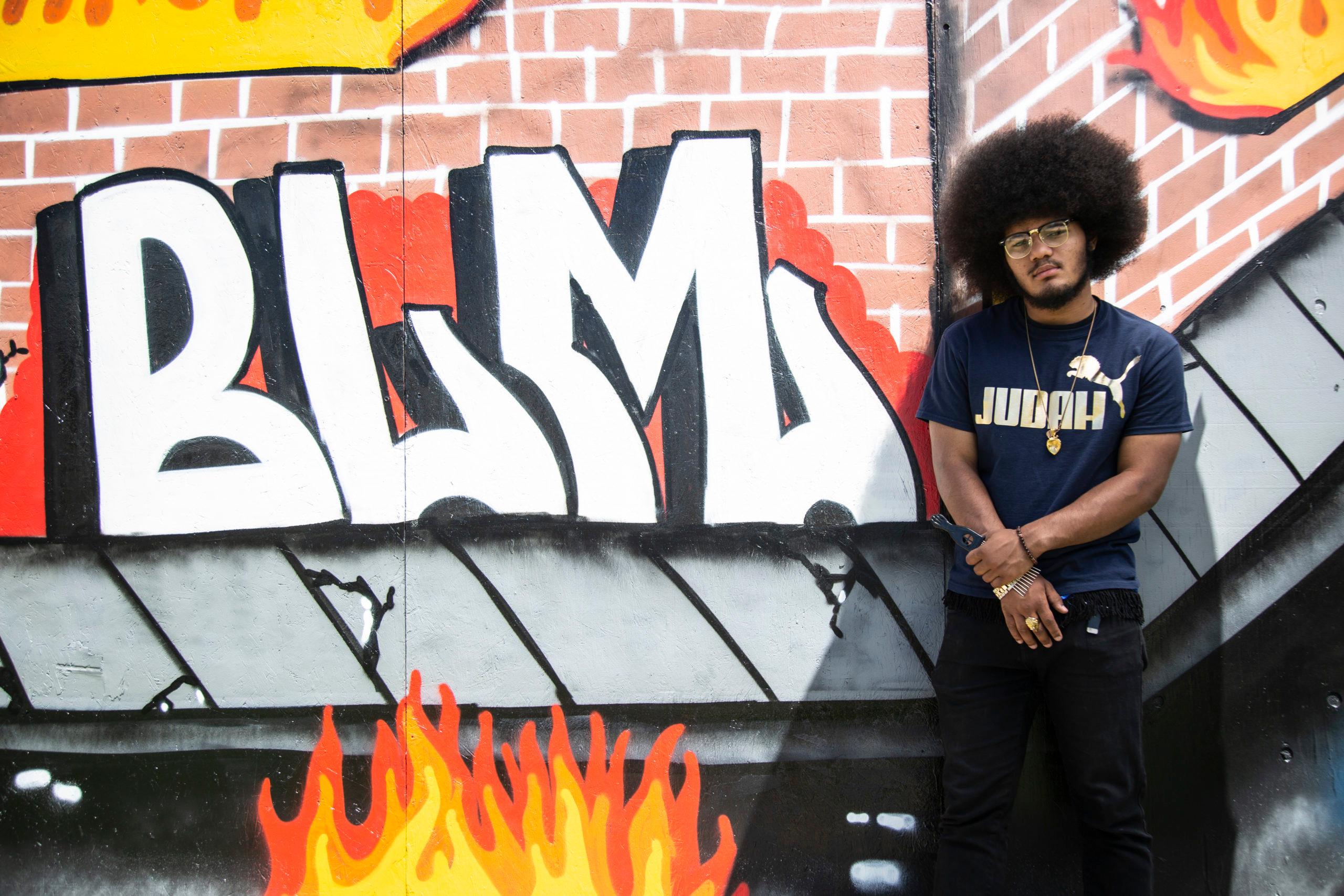Black Lives Matter protests popped up all over the county after a white Minneapolis police officer killed George Floyd, a black man, by pinning him at the neck.
Denver has been protesting nearly every night since May 28. The unrest continues to spark conversations about systemic racism.
The following stories are about four Black people of all ages in Denver who told us how racism affects their lives in different ways, from healthcare to policing, education to their faith.
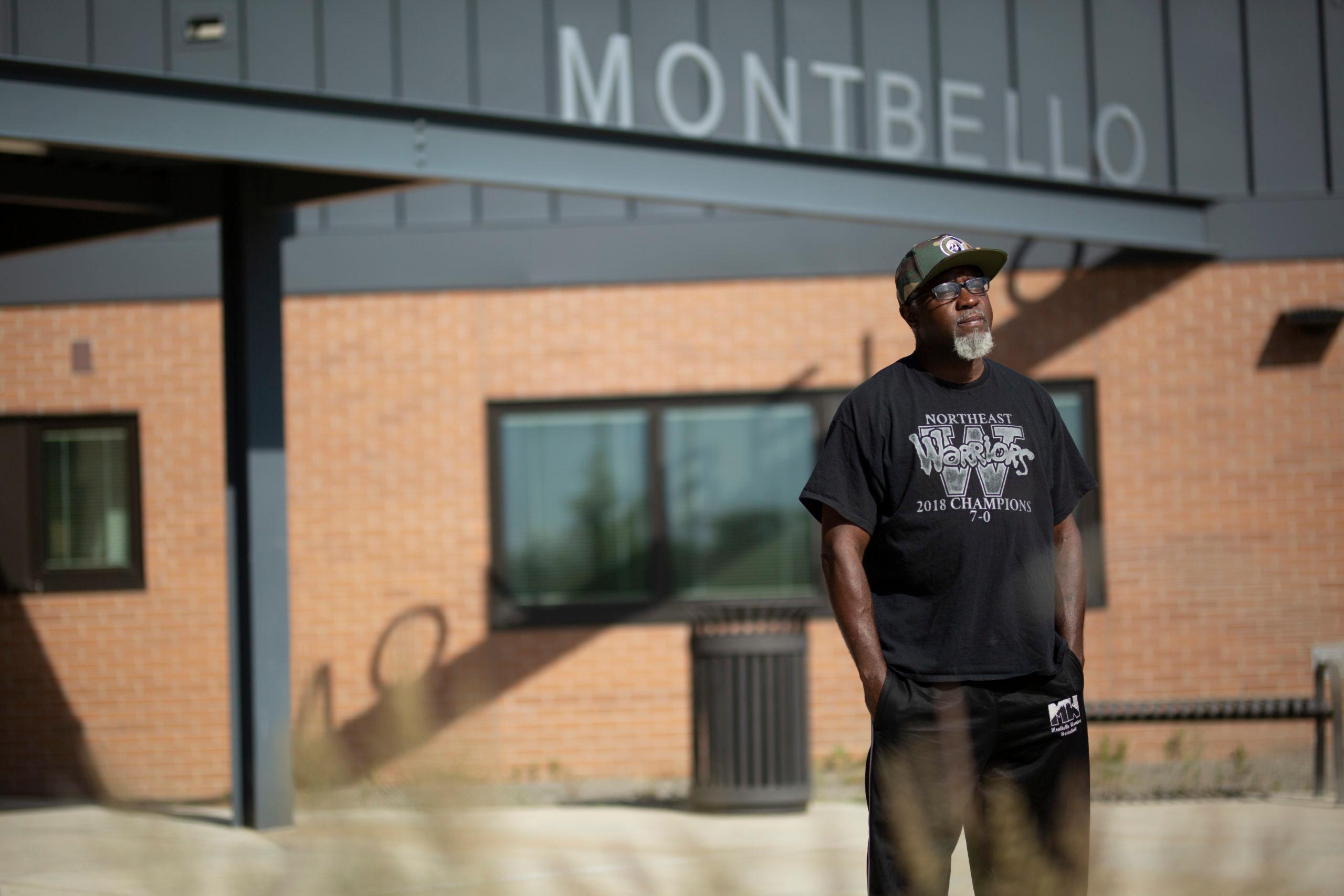
Demetrious Jenkins Sr., 44
Jenkins was 11 years old the first time a police officer handcuffed him and sat him on the side of the curb. He was told "You're not under arrest, we're just detaining you."
Jenkins said it was the first time he felt trapped. After, he asked older neighborhood kids who were with him how to handle the situation. They told him "this is what they always do, get used to it." This is also the first time Jenkins got advice: put your hands up, leave your hands where they are visible, and don't reach for your phone or wallet.
Jenkins has lived in Denver his entire life. Most of his racial profiling happened while he was a teenager.
"The racism was so severe," he said. "Anytime I would drive past the police and they looked in your car and there were more than two or three black young men in the vehicle, they would make a u-turn....turn around and pull us over."
Jenkins said police would immediately ask everyone to get out of the car asking for identification. On several occasions, police would claim "probable cause" and say they were detaining him and his friends but not arrest them formally.
"But you're putting handcuffs on us, you're putting us on the ground, [and] we're sitting on the side of the curb," he said. "That really feels like an arrest to me. What's the difference between that and arresting?"
Three decades later, he's coaching both middle school and high school sports and his players are experiencing similar treatment. Part of his role as their mentor has become talking to them about how to interact with police.
Jenkins likes the idea of fostering a relationship between officers and the communities they police. The city has been trying to do that with organizations like the Denver Police Activities League, which is an athletic league for Denver youth. But Jenkins has some criticisms of that as well.
"I think the initial conception was beautiful, but it never worked out that way," he said. "Police were still policing at the games versus it being about the community."
He still thinks it's a good idea if police can unlearn their biases. He wants officers to be active participants within community events rather than constantly policing.
"Go back to the youth centers with artistic, music, education, and employment opportunities," he said. "It would give the police and community [the opportunity] to share ideas [for reform]."
Jake Schroeder, the executive director of PAL, said he is not aware of any police officers under PAL doing excessive policing. According to Schroeder, at least two Denver police officers were assigned to the PAL for the past 49 years. There are no police officers assigned to the program currently.
"The police officers that worked at PAL didn't pull anybody over at games, they were too busy," he said. "Maybe Denver police pulled them over if they did something. The whole point of our existence at PAL is [combating] friction between police officers and communities of color and we build bridges."
PAL no longer has a football league. Its last season was in 2017. Schroeder said they had to discontinue some leagues because the insurance was too much of a liability. Still, they have other programs. Three times a year, PAL works with Colorado Avalanche and police officers to allow kids to play street hockey. That is not happening this year because of the COVID-19 pandemic.
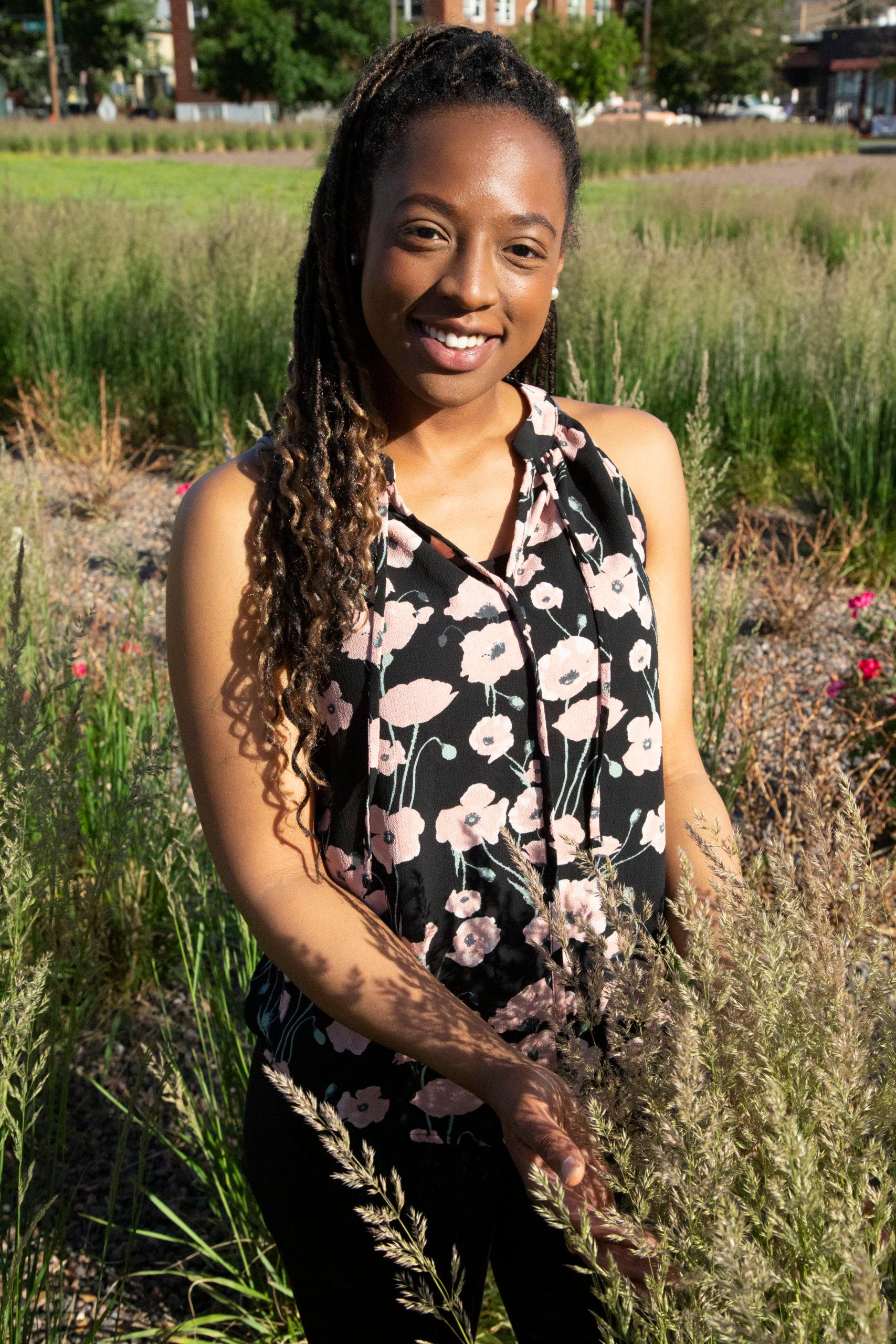
Demetria Lister, 26
Lister lived in Denver for a year before she got sick. At that time, she didn't have much family or friends for a support system.
After a few days of not feeling well, she went to urgent care at University of Colorado Health. She said everyone treated her fairly but they couldn't find out what was wrong with her. UC Health called an ambulance to transport her to the emergency room so doctors could run more tests and figure out the issue.
"By the time I left urgent care, not only was I still feeling just crappy physically, but I was starting to wear down," she said. "I was totally on my own and didn't know what was wrong and didn't know when it was going to get fixed."
Everything started going downhill once she made it to the emergency room at Saint Joseph's Hospital.
Lister shared with her nurse that no one at urgent care or in the ambulance were able to get her blood pressure because her arms were involuntarily cramping and she was in immense pain. Lister said the nurse was only half listening to her and chatting with colleagues across the ER room. The nurse decided she was going to try to take her blood pressure anyway.
"She tried twice and I'm screaming in pain and she's like 'You have to be still, you have to be still,'" Lister said. "I said 'I can't help it.' So it was very frustrating that it took a few times for her going through that experience for her to say 'Well, we can't do this.'"
After that, the nurse rolled Lister into another area of the ER. The first question the physician asked when he visited her was if she had anxiety problems
"To have gone through an experience where I have already been at urgent care for multiple hours -- and they are the ones that sent the ambulance to send me here -- and then for the doctor to not walk up and ask for any context and immediately assume this is anxiety was the most frustrating introduction I've ever come across," she said.
This was the first time Lister had been sick in two years. She's a vegetarian, exercises regularly, drinks lots of water, and focuses a lot of her time on general wellness.
"I told him this is really frustrating because doctors never believe Black pain and never take us seriously," she said. "'And I'm not just going to have you send me home to die by myself because I live alone.'
According to the National Center for Biotechnology Information, Black people are systematically under-treated for pain compared to white people. White people are more likely than Black people to be prescribed medication for equivalent medical issues.
The doctor prescribed her tablets for her nausea and left immediately afterward. A nurse who overheard the conversation got her a taxi voucher so she could go home.
A few weeks later, she got a bill for $1,500. She said she does not intend to pay it because she doesn't feel she received adequate treatment. She hopes more healthcare workers go through bias training and thinks there should be a more standardized way for doctors to gather information about a patient's symptoms.
According to Tiffany Anderson, a spokesperson for Saint Joseph's Hospital, all associates and employed providers "are required to regularly complete education that includes information on cultural sensitivity." In a statement, she wrote Saint Joseph's takes all patient concerns seriously. When a patient complains, the hospital is supposed to connect directly with the patient and find an appropriate resolution on the issue.
"We serve a diverse population of patients, and our education, training and communication is designed to ensure our staff provide care tailored to each patient's individual needs and do not discriminate based on cultural, racial or other bias," she said in the statement.
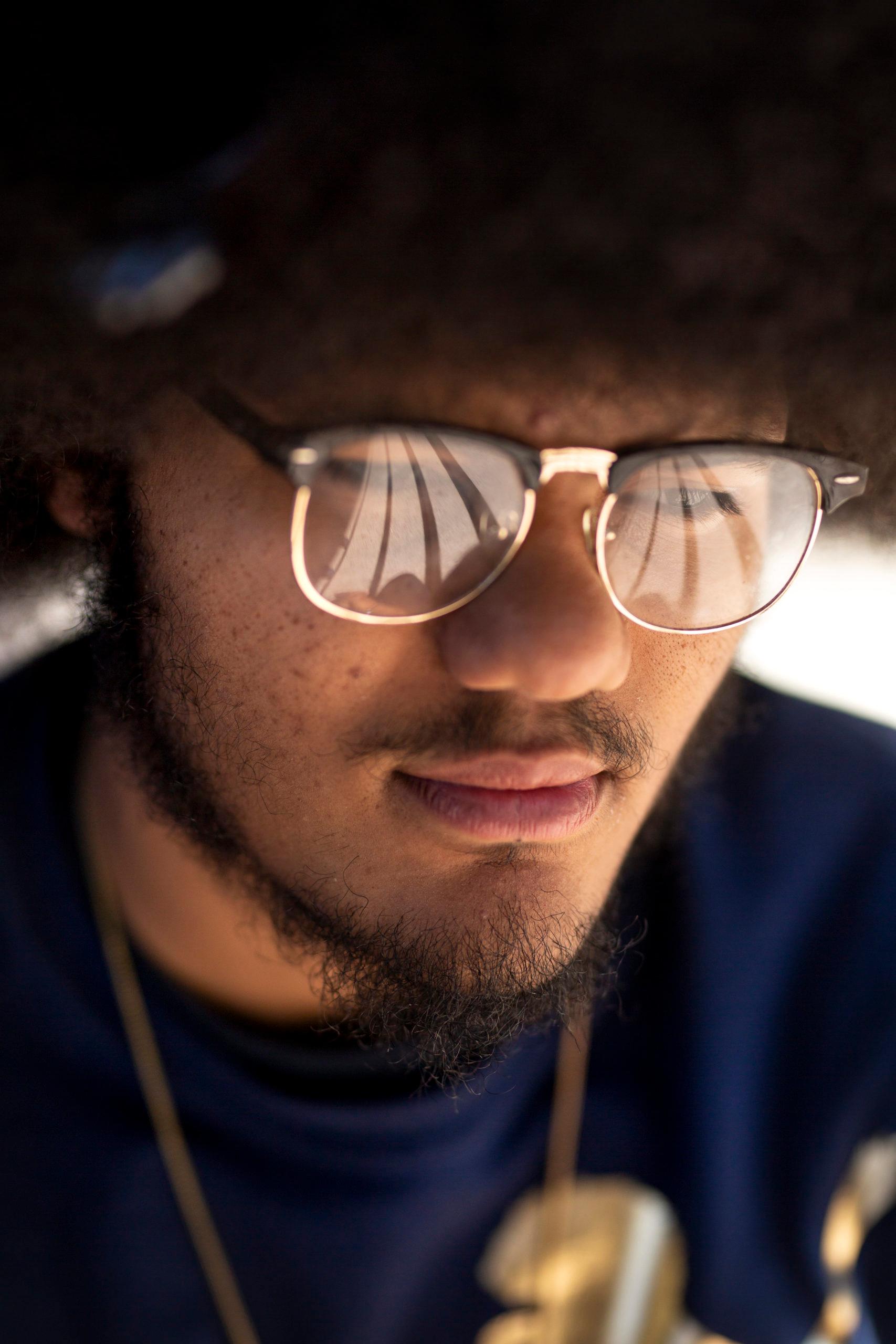
Elijah Beauford, 21
Beauford was born in Denver but spent most of his formative years in Aurora.
When he was 12 years old, he remembers a few teachers taking Black and brown students into a separate classroom.
"So they put all the Black and brown students, all males -- they never do this with white students -- and told us we're not going to graduate high school," he said.
Beauford admits that not all of the students in the classroom were well-behaved, but he also remembered white students did similar things like talking back, skipping class and fighting.
"They pointed out different students [and said], 'You ain't going to last,'" he said. "It was crazy because it's just the way it was. It was really traumatizing to me because it made me realize that a lot of these white teachers don't really check for us."
Beauford did end up graduating, from Manual High School in Denver in 2017 with a 4.2 GPA. He went back to his middle school with his diploma to see one of the former teachers who told him he wasn't going to graduate. The teacher denied ever saying he wouldn't graduate.
"It's either one of two things," Beauford said. "They're super-racist and they say things to Black students all the time like that or you do a sit-down like that each and every single year with the students. I just don't understand how you could tell students things like that and not even remember what you said. That's a super important thing a child would remember."
In his ideal world, the best way for reform is two-fold: teach Black history accurately, and hire more Black and brown teachers.
"What I've experienced in school, if you're a Black teacher, you're not just the teacher," he said. "You're a counselor, and you're always feeding the students. You're so many things to these students."
He credited the few Black and brown teachers he had as motivating himself to succeed.
"A lot of these Black students are graduating because of the sole purpose of that one or two black teachers in there."
Beauford wants reform but he's not that optimistic despite the increased attention because of the Black Lives Matter protests across the county.
"I really feel like racism right now is just trending [for white people]," he said. "I think it's no different than the H&M situation or Starbucks. I think it's just the trends. Remember everything's shut off right now, nobody can be distracted by sports. COVID-19 has everybody unemployed right now. A lot have a bunch of idle time to focus on racism."
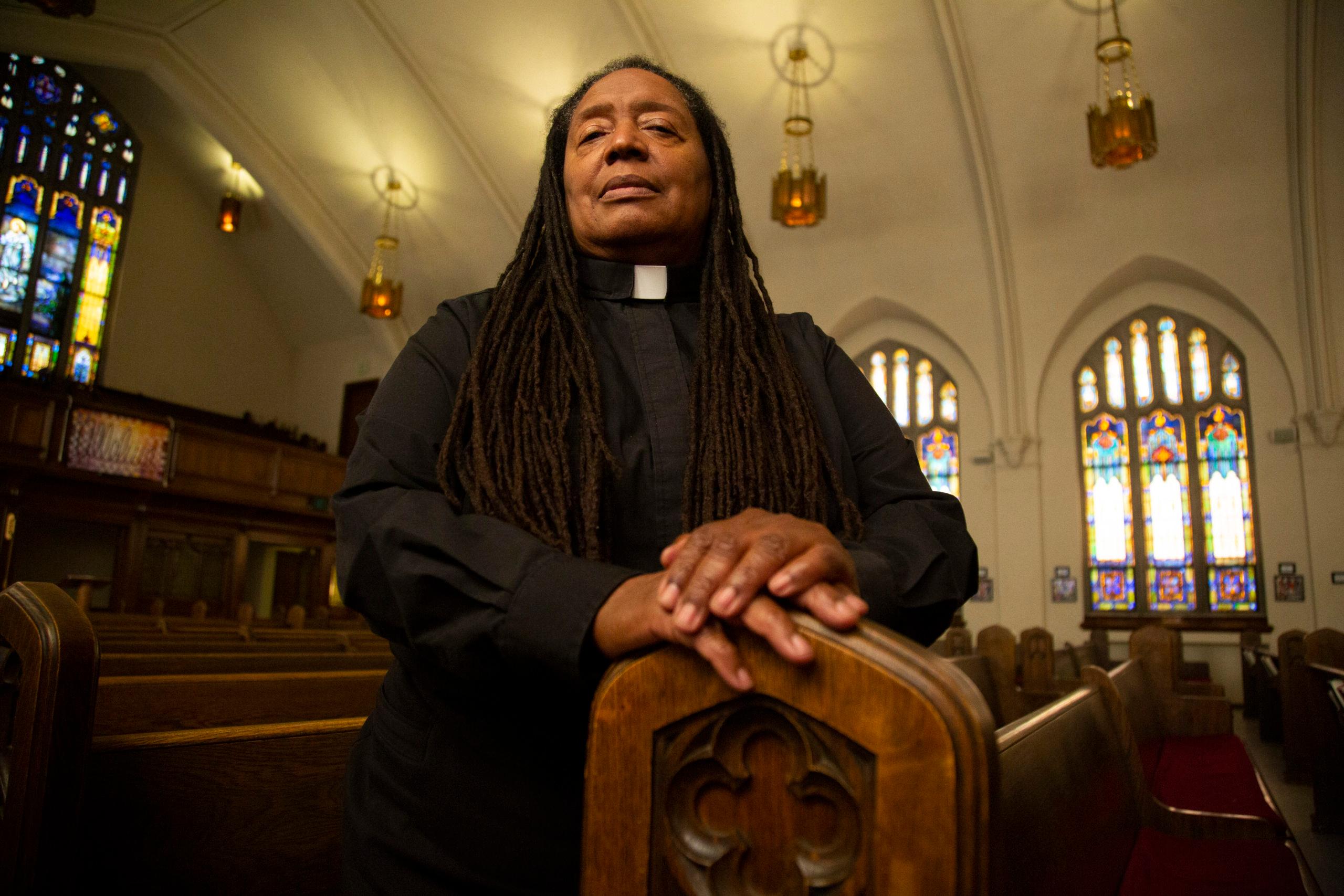
Barbara Berry-Bailey, 68
Barbara Berry-Bailey is a Lutheran pastor at St. Paul Lutheran and Catholic Community of Faith in downtown Denver.
She's used to being the only Black person in the room. The Lutheran denomination is more than 90 percent white. She refers to Denver as a liberal bubble. She hasn't experienced overt racism but deals with microaggressions every day.
When she visits elderly white members of her congregation in the hospital, it doesn't seem to matter that she's wearing all black clothes and a clerical collar. Every time, without fail, someone on medical staff will ask, "Are you the caregiver?"
Berry-Bailey said she'll point to her collar and immediately the staffer will realize their mistake with heartfelt apologies. She's noticed some of their faces will flush red with embarrassment.
"[The] color of my skin and my hair got their attention first," she said.
Berry-Bailey said the biggest issue with racism is implicit bias.
"Too many people are just not aware of the power of implicit bias, the deeply held beliefs that you don't even understand that you believe," she said. "There's a lot of stuff that's there that you don't even realize in terms of how you feel or even how your body reacts when you see a Black person."
She admits she doesn't know what will bring true reform but she does think white people educating themselves is a first step. But it's not enough.
"It's not just reading a book. You can read a book, but there's gotta be some engagement," she said.
She's supportive of white allies who are also educating their white peers on implicit bias and cultural competency because she argues that it can't just be Black people fighting racism.
She's doing her own part by hosting ongoing race conversations at her church. She began these talks in February when Lent began. The next one is scheduled for June 17.
